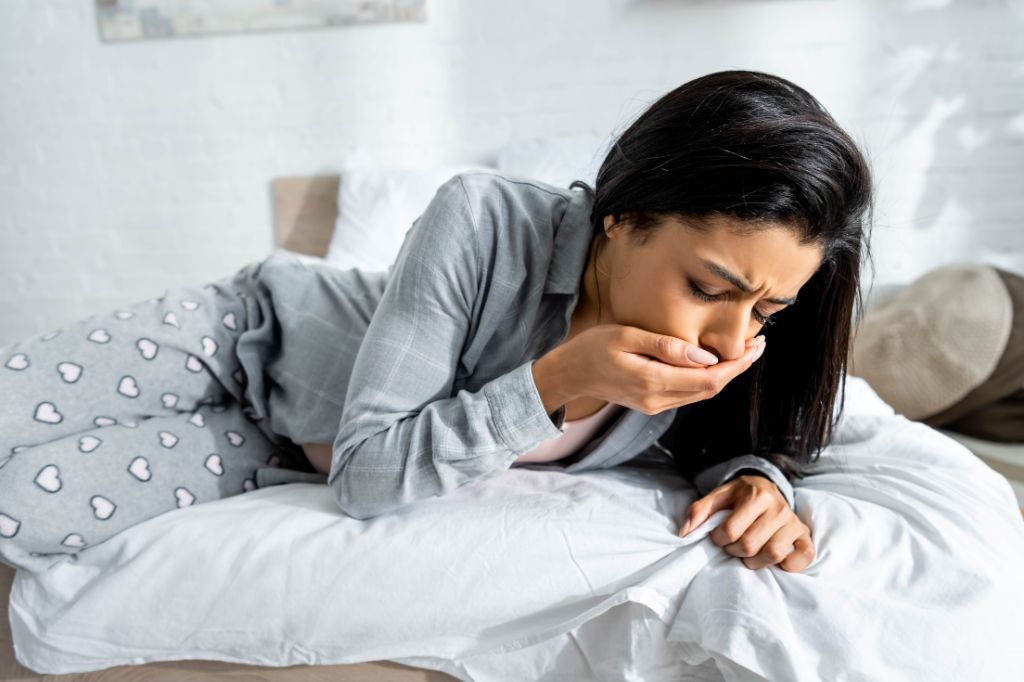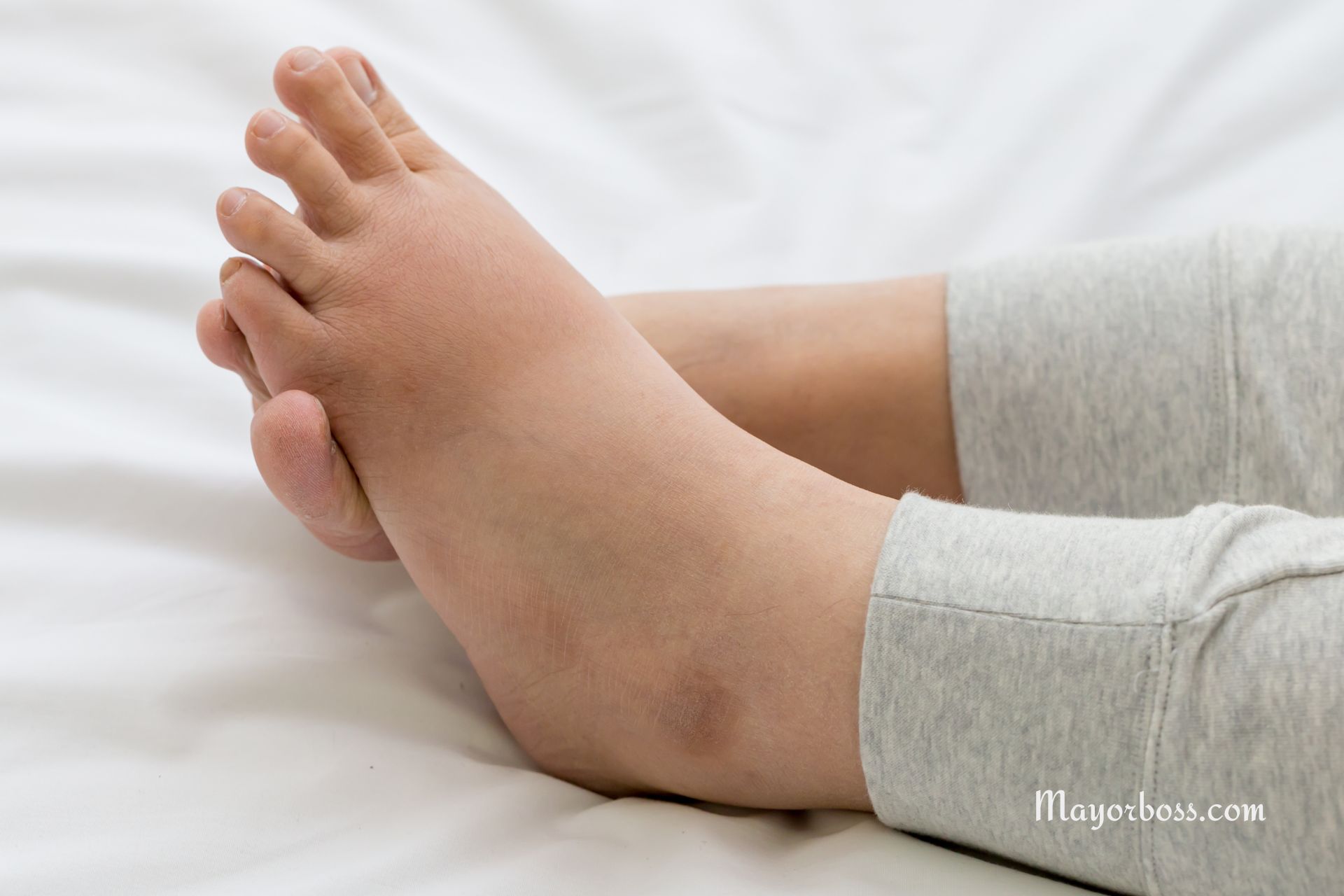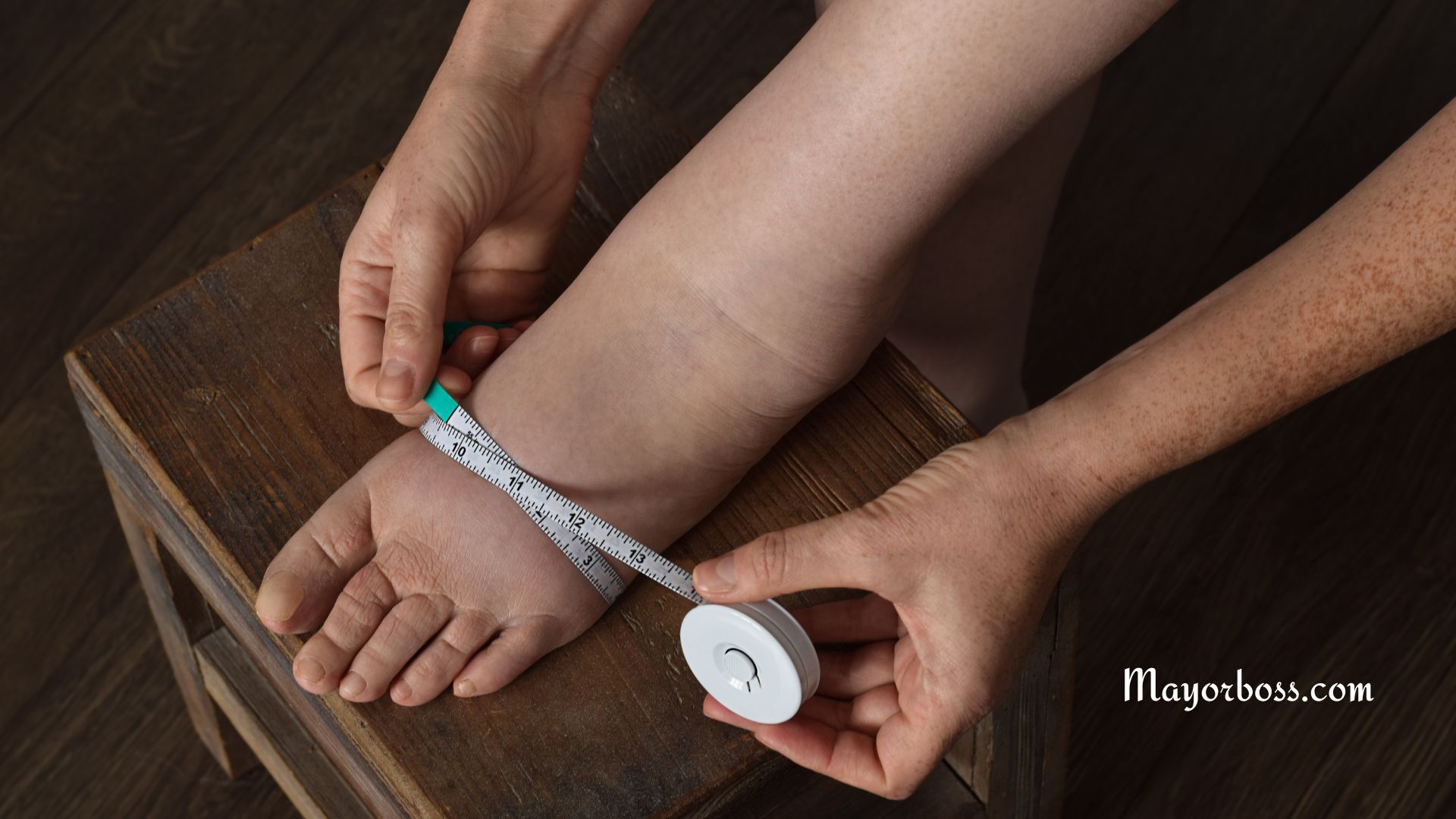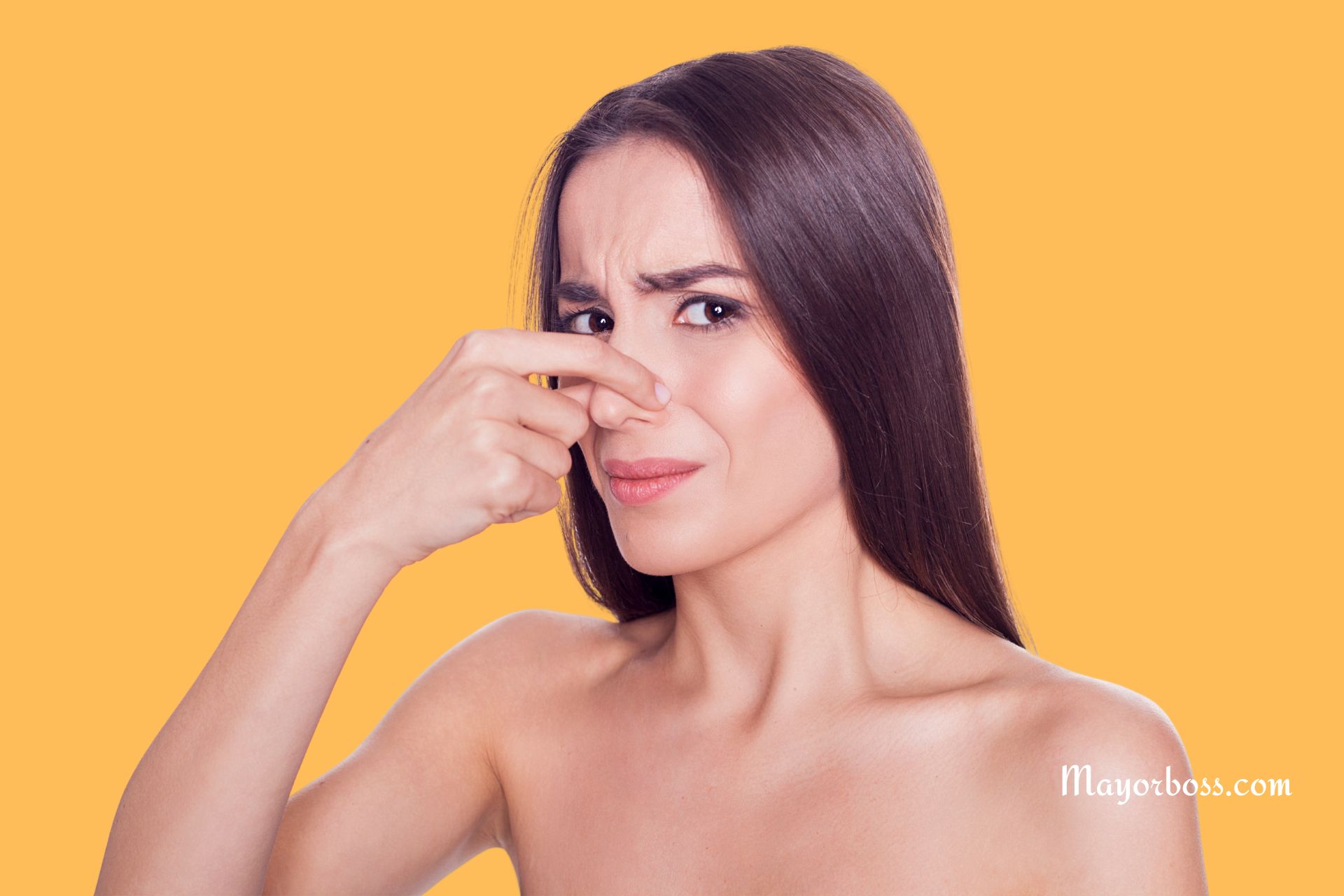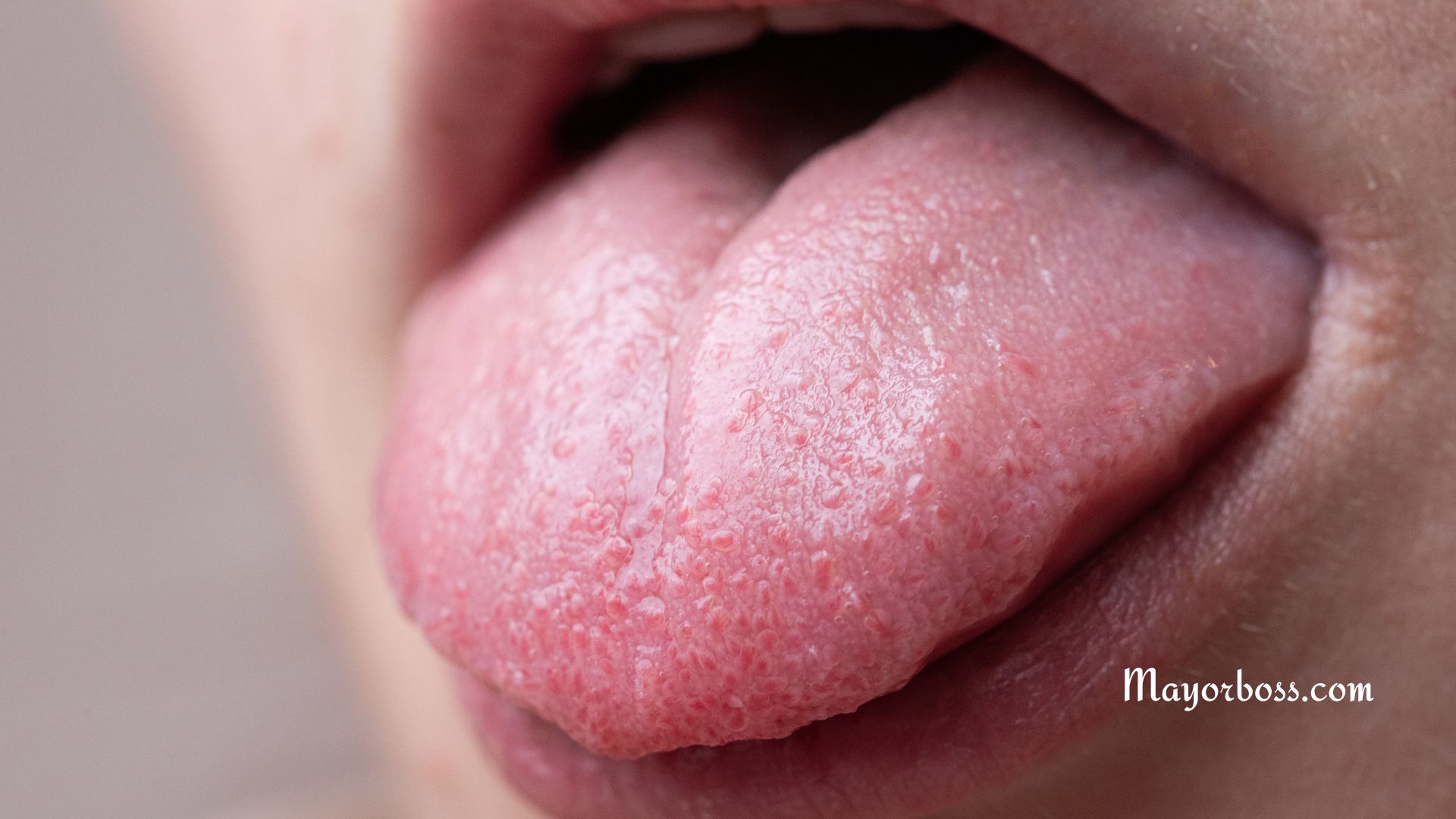Foods That Trigger Headaches – Are You Eating These?
We all know that headaches can be a real pain, but did you know that what you eat could be the culprit? If you’ve ever wondered why you sometimes get a headache after a meal, you’re not alone. Approximately 27-30% of individuals who experience migraines believe that specific foods can trigger their migraines. Some foods are well-known to Neurologists as triggers for headaches and migraine attacks. Here is how certain foods might be causing those uncomfortable headaches.

Certain Processed Foods May Trigger Headaches
When it comes to processed foods, doctors say that they can often be a major cause of headaches. This is because processed foods usually contain additives and preservatives like monosodium glutamate (MSG) and nitrates, which have been linked to headaches. MSG, in particular, is often found in foods like instant noodles, frozen meals, and some snacks. It’s known to trigger what’s called an “MSG headache” in some people, leading to symptoms such as throbbing pain, sweating, and even nausea.
Nitrates, on the other hand, are commonly found in processed meats like lunch meat, hot dogs, and bacon. These chemicals can dilate blood vessels, which some researchers suggest could lead to headaches. Thus, in case you often find yourself reaching for processed foods and experience headaches afterward, it might be time to reconsider your choices.
Caffeine Can Be Both a Friend and a Foe
Caffeine can be both helpful and harmful when it comes to headaches. On the one hand, it’s actually an ingredient in many over-the-counter headache medications because it can help reduce pain. However, on the flip side, too much caffeine can cause headaches, especially if you’re someone who consumes it regularly and then suddenly stops. This is known as a “caffeine withdrawal headache.”
Doctors explain that it’s important to moderate your caffeine intake. If you drink several cups of coffee, tea, or soda daily, you may want to cut back gradually to avoid those painful withdrawal symptoms. And if you only occasionally drink caffeine, be mindful that too much in one sitting could lead to a headache as well.
Aged Cheeses and Fermented Foods Might Be Culprits
If you enjoy a good cheese board or a serving of sauerkraut, you might want to take note. Aged cheeses, such as cheddar, blue cheese, and Parmesan, contain a substance called tyramine, which has been associated with headaches in some people. The National Library of Medicine explains that tyramine forms when proteins in certain foods break down, and it’s found in higher amounts in aged or fermented products.
Similarly, fermented foods like kimchi, pickles, and certain types of yogurt can also contain tyramine. If you notice a headache after indulging in these foods, tyramine could be the reason. While not everyone is sensitive to tyramine, if you are, it might be helpful to limit these foods in your diet.
Chocolate Could Be a Sweet Trigger
Yes, even something as delightful as chocolate could be the reason behind your headache. Chocolate contains both caffeine and small amounts of tyramine, making it a potential trigger for some people. Doctors have noted that those who are prone to migraines may be particularly sensitive to chocolate.
That doesn’t mean you have to give up your favorite treat entirely, but if you notice a pattern of headaches after eating chocolate, it could be worthwhile to monitor your intake. Moderation is key here, just like with caffeine.
Alcohol, Especially Red Wine, Might Be Causing Your Pain
Many people enjoy a glass of wine or a cocktail to unwind, but if you’re prone to headaches, alcohol might not be your best friend. Red wine, in particular, is a well-known trigger for headaches. This is likely due to the presence of tyramine, histamines, and sulfites, which can all contribute to headache symptoms.
Additionally, alcohol is a diuretic, meaning it can lead to dehydration—a common cause of headaches. Some researchers suggest that if you enjoy alcohol but experience headaches afterward, you might want to stick to lighter options like white wine or beer and always remember to stay hydrated.
Ice Cream and Cold Foods Can Cause a “Brain Freeze”
Have you ever taken a big bite of ice cream and suddenly felt a sharp headache? That’s what people commonly call a “brain freeze.” But why does it happen? It’s actually your body’s way of responding to the sudden cold hitting the roof of your mouth, causing blood vessels to rapidly constrict and then dilate.
Even though this type of headache is usually short-lived, it’s still quite uncomfortable. If you’re prone to these ice cream headaches, try eating your frozen treats more slowly to avoid the sudden shock to your system.
Foods High in Salt Could Be a Hidden Trigger
While salt is a common ingredient in many dishes, consuming foods that are particularly high in salt could lead to a headache. Doctors have found that a high-sodium diet might increase blood pressure, and elevated blood pressure can, in turn, trigger headaches.
If you often reach for salty snacks or heavily salted meals and notice a headache following, it might be beneficial to cut back on your salt intake. Opting for fresh, whole foods rather than pre-packaged or restaurant meals can help you control your salt consumption and potentially reduce headache frequency.
What Can You Do If Food is Causing Your Headache?
If you suspect that food might be triggering your headaches, the first action is to start paying close attention to what you eat and when your headaches occur. A food diary can be a helpful tool for tracking your meals and symptoms. Note down everything you eat and drink, along with the time and any headache symptoms that follow. Over time, you may begin to see patterns emerge.
Of course, it’s also important to talk with your doctor about your headaches. In some cases, they may recommend specific dietary changes or even prescribe medication to help prevent headaches.

